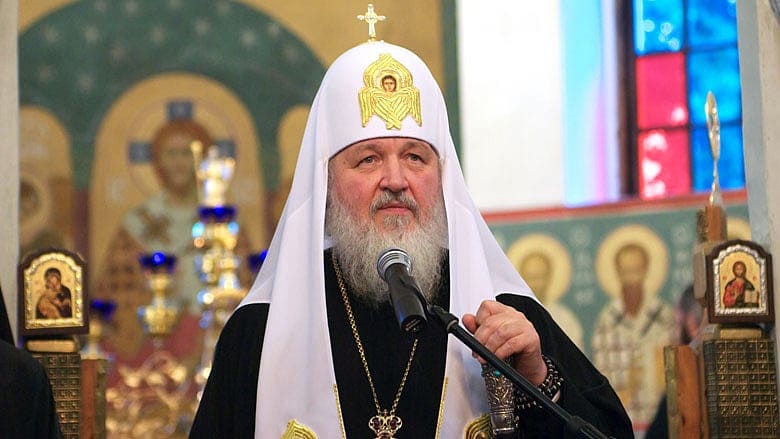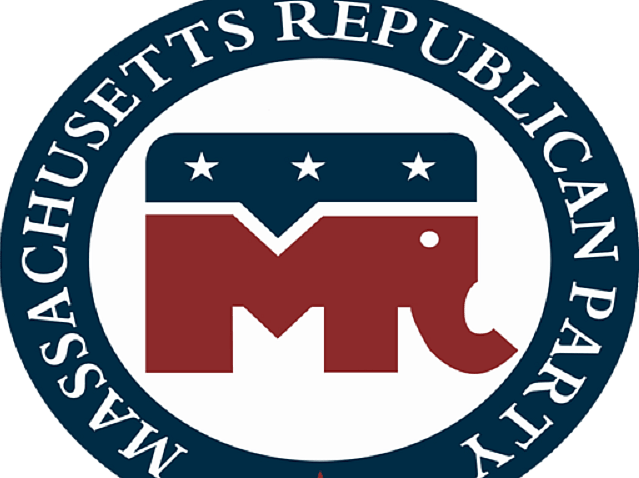Putin may benefit from meeting of Pope Francis and Patriarch Kirill

VATICAN CITY/MOSCOW (Reuters) — A meeting between Pope Francis and Russia's Orthodox Patriarch Kirill on Friday could not happen without a green light from President Vladimir Putin, diplomats and analysts say, and he may be one the beneficiaries.
In a landmark step towards healing the 1,000-year-old rift between the Western and Eastern branches of Christianity, the two religious leaders will meet in Havana on the pope's way to Mexico.

